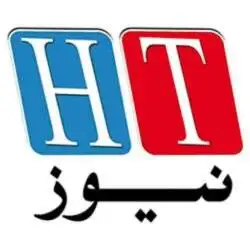Under the Anti-Terrorism Act, Bangladesh’s interim administration has outlawed all Awami League activity, the political party of former prime minister Sheikh Hasina, citing national security issues.
Announced late Saturday, the ruling comes from days of street demonstrations spearheaded by the student-driven National Citizen Party, which arose from last year’s upheaval that overthrew Hasina.
Joining the demonstrations, some Islamist and right-wing organizations, including Jamaat-e-Islami and other opposition groups, demanded that the Awami League be labelled as a terrorist outfit.
The ban will be in effect until the party’s leadership’s trial over the murders of hundreds of protestors at the International Crimes Tribunal is finished, the government said in a statement.
The government also declared an ICT Act change allowing the tribunal to punish political parties and organizations in addition to people. The amendment opens the path for the Awami League to be tried as a collective entity for claimed crimes carried out during its rule.
Founded in 1949, the Awami League condemned the ruling as illegitimate and posted on its official Facebook page, “All decisions of the illegal government are illegal.”
After lethal demonstrations drove Hasina to escape to India in August and an interim government headed by Nobel Peace winner Muhammad Yunus took control, the nation has seen increasing tensions and demonstrations in recent months.
Yunus promised changes, and he mentioned the poll might wait until 2026.
Starting in July with student demonstrations against public sector job quotas, the upheaval swiftly turned into one of the worst periods of political violence since Bangladesh’s independence in 1971.
Labeling the Awami League’s student branch, Bangladesh Chhatra League, a “terrorist organization” for its involvement in violent attacks on protestors, the government outlawed it in October.

















